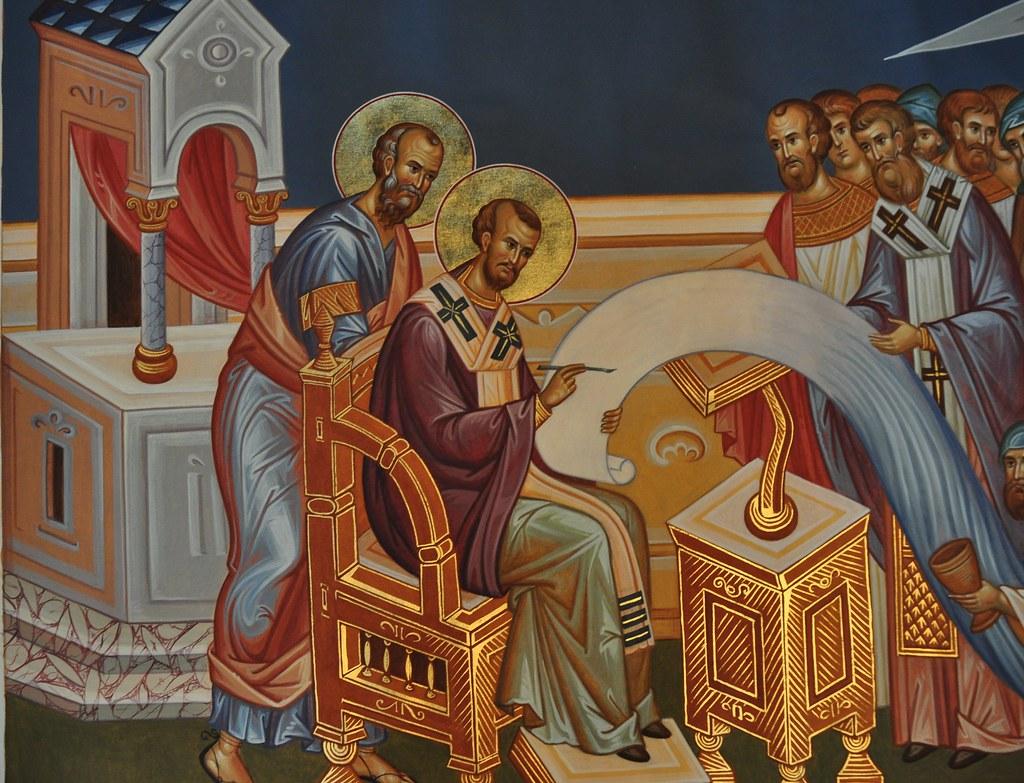John Chrysostom was without cavil the greatest exegete of his age, especially when it comes to the exegesis of Paul. While he certainly does not deny the deadly effects of original sin on the whole human race (being no Pelagian), he also is quite clear about the positive effects of God’s grace before during and after conversion. He does not however think, as do Calvinists of many ages, that God’s grace is irresistible, especially not when it comes to embracing Christ in the first place. Here are a few places in his exegesis and homilies where you can check these matters out. In his Homily on 2 Cor. 4.13 he says “first believing, and obeying when called [by God] is of our good will; but when the foundation of faith has been laid, we need the assistance of the Spirit.” On John 1.38 he stresses “God does not precede our wills with his gifts; but when we have begun, when we have sent our will before, then he gives us abundant opportunities of salvation.” Chrysostom is not denying the concept of prevenient grace, he is simply saying it does not decide the issue in advance, it enables the person to choose the right thing. A further clarification comes in his exposition his 58th sermon on Genesis he says “though he received help from above, yet he [Adam] first did his own part. So let us persuade ourselves that though we strive ever so much, we can do no good thing at all, except as we are aided by help from above. For as we can never do anything right without that help,. unless we contribute our own share, we shall not be able to obtain help from above.” Finally, in his exposition of Rom. 8.28ff. he stresses that ‘God works all things together for those who love him and are called according to choice’. Notice there is no modifier ‘his’ before the word translated either choice or purpose. Nor is it specified whose choice is referred to but since the previous verb refers to the believers love for God the nearest antecedent suggests the choice is that of the person responding to God’s choice.












